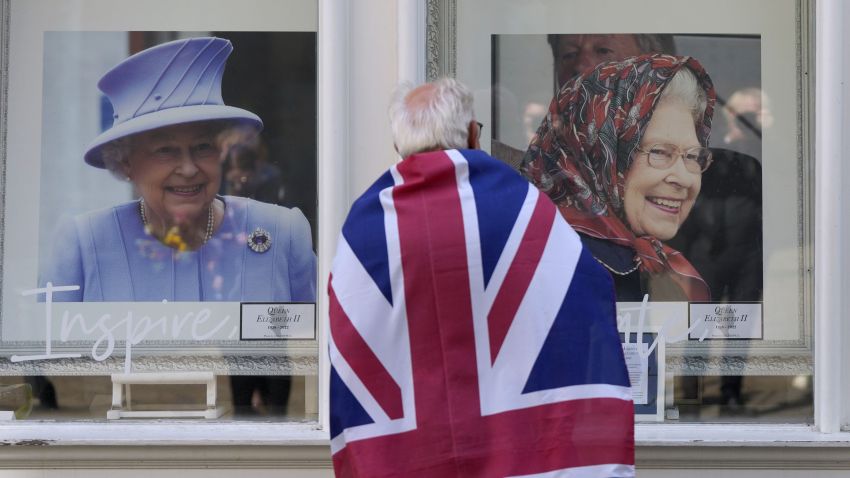It’s been a tumultuous week in the U.K., to say the least. Just days after Liz Truss became the country’s fourth prime minister in six years, Queen Elizabeth II, the longest-serving monarch in the country’s history, died at the age of 96. The former development will have more significant political implications for a country facing a daunting range of crises and challenges, and still seeking to find its “Global Britain” footing in the aftermath of Brexit and the coronavirus pandemic.
But for obvious reasons, the queen’s death has dominated the headlines and generated a wide range of reactions, both within the U.K. and around the world. Those reactions say a lot about the country, but also about current global politics.
What might be considered the “official” narrative has portrayed the queen as a unifying and comforting figure, a familiar grandmotherly presence that has been present in most Britons’ lives for as long as they can remember. This of course represents an astounding rehabilitation of the monarchy as an institution, and Elizabeth as a public figure, since only 20 years ago, perhaps a reflection of the country’s need for some steady anchor to hold onto in a time of national decline and confusion.

